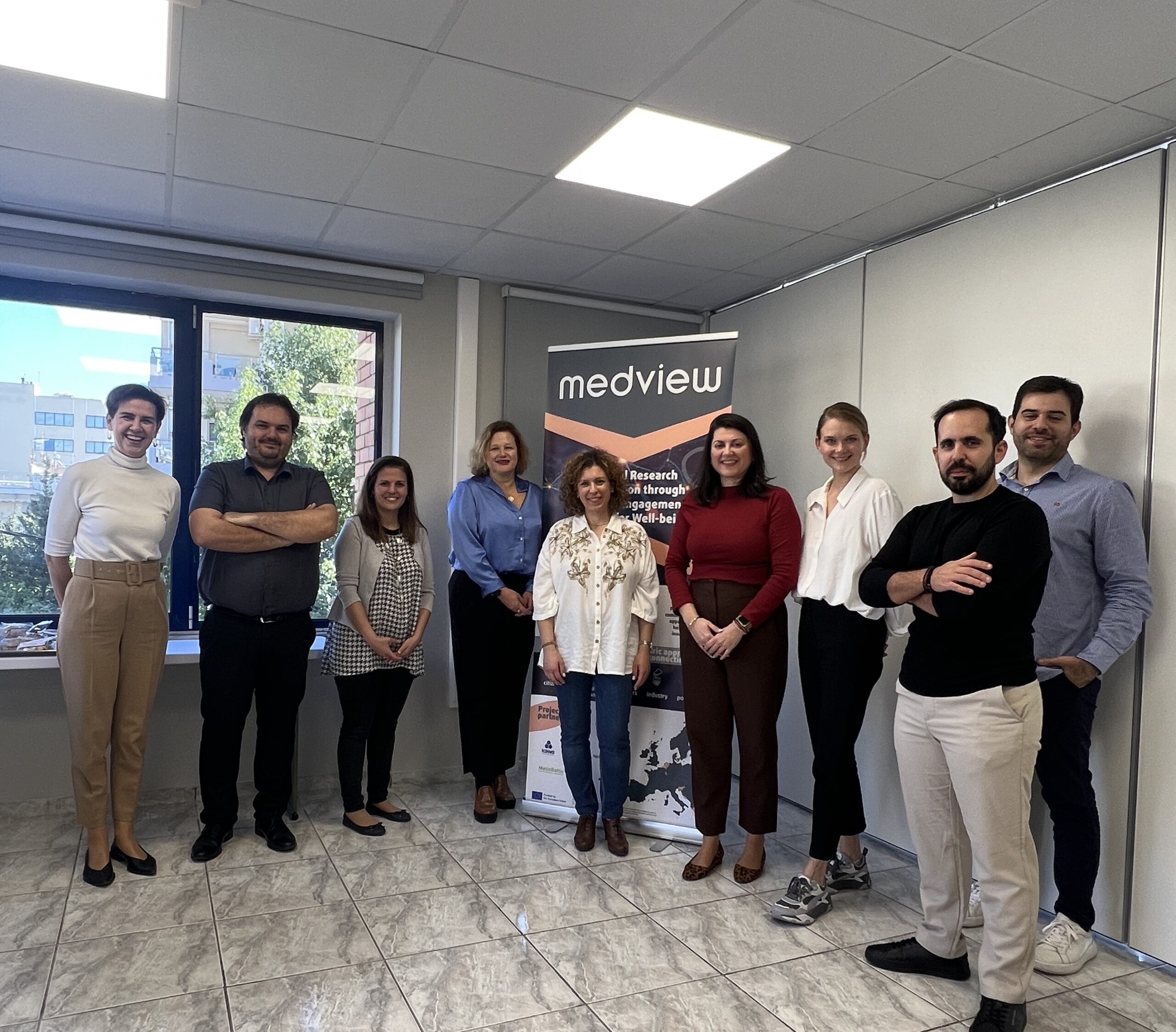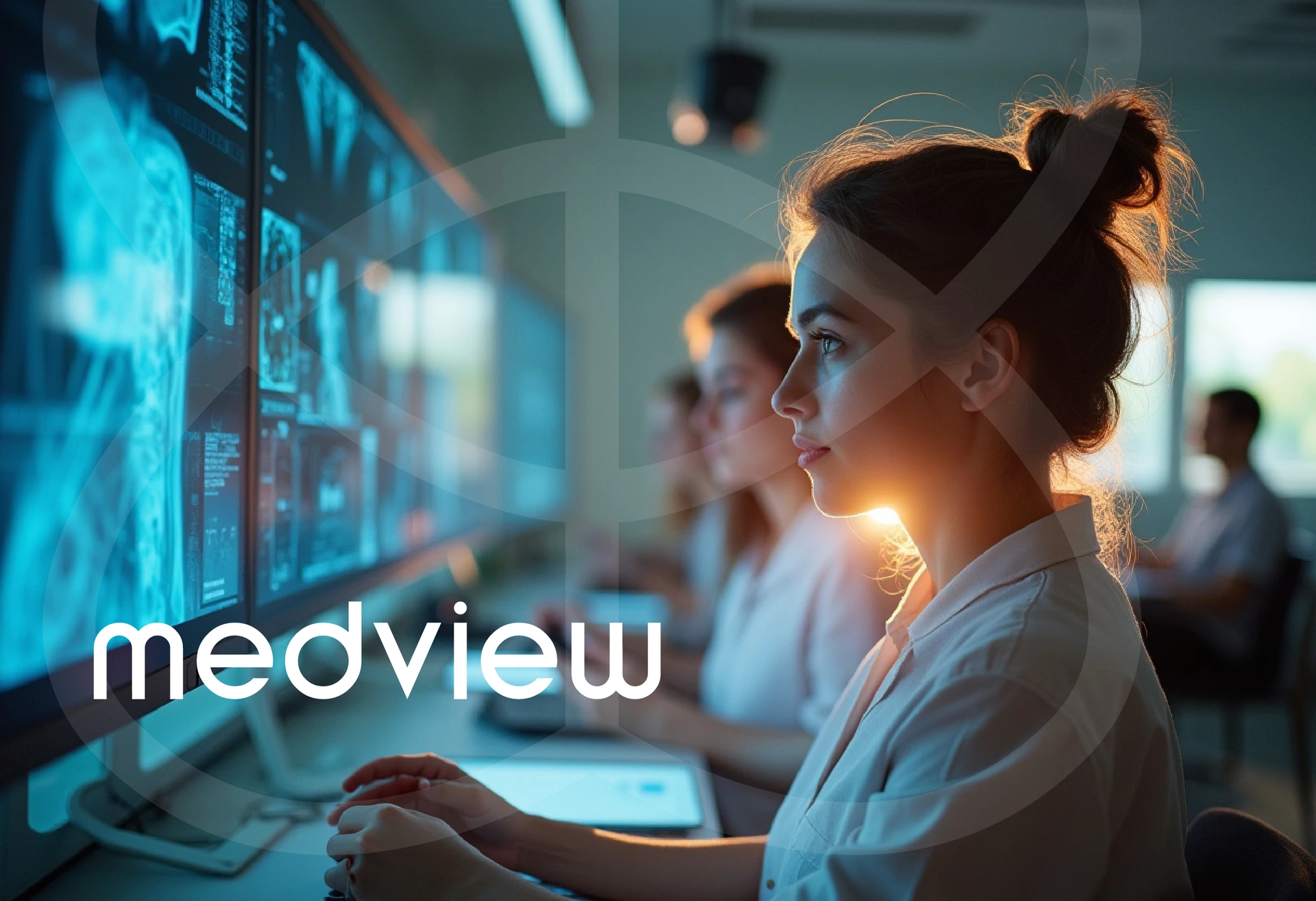The MEDViEW Value Workshop series is designed to create an open space for dialogue on the values that shape healthcare and well-being in Europe. Rather than focusing solely on technical or policy solutions, these workshops bring together citizens, healthcare professionals, researchers, and policymakers to reflect on the ethical, cultural, and social dimensions of pressing health challenges.
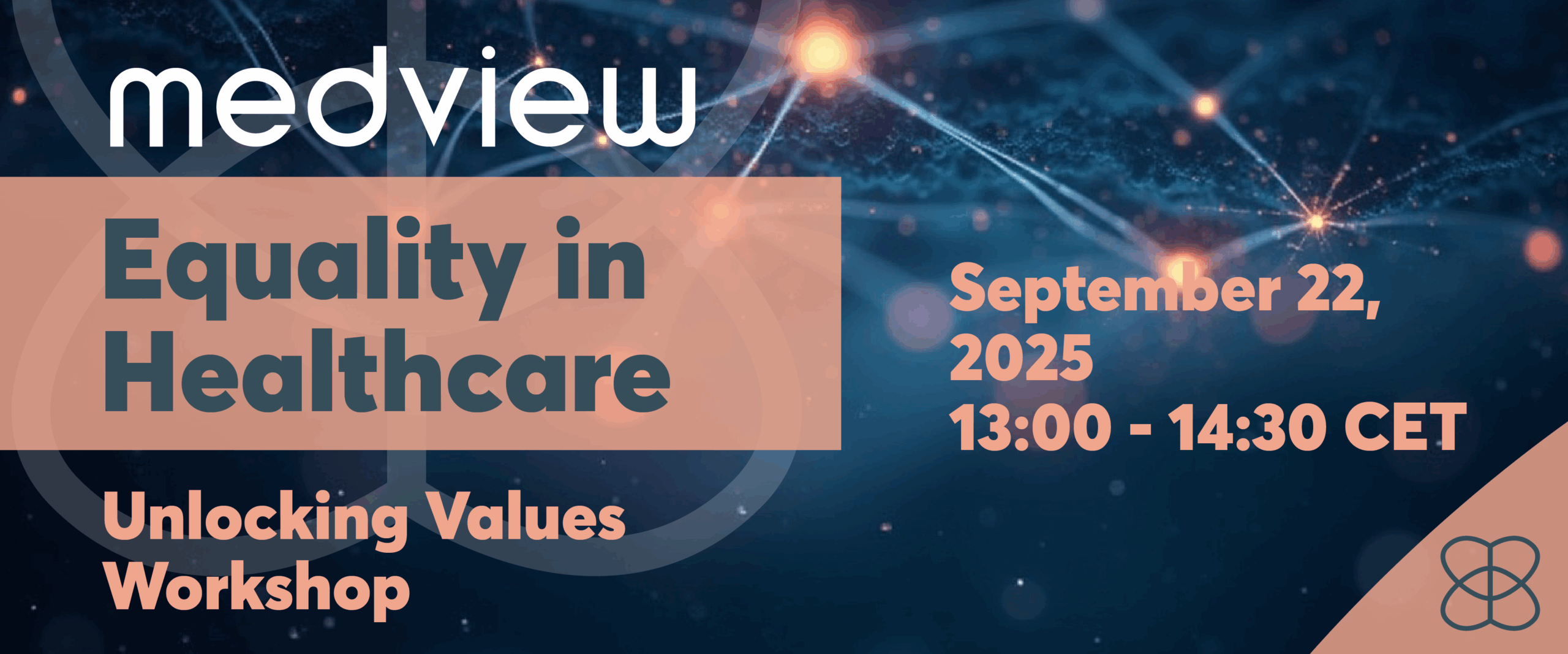
🖥️ Format: Online (Zoom)
Moderator:
👤 MSc. Adrianne Waldt, MA, RN, LAc (EUROCAM)
Adrianne Waldt is a board member of EUROCAM and coordinator of its working group of Members of the European Parliament (MEPs). She is Vice-President of the Belgian Acupuncture Federation (BAF) and Head of Advocacy at the European Traditional Chinese Medicine Association (ETCMA), where she promotes integrative healthcare across Europe. Adrianne is a registered nurse and licensed acupuncturist working in a hospital setting, while also conducting research and engaging in European-level health policy. She is experienced in international affairs, policy advocacy, and organisational leadership, and has developed training programmes, delivered guest lectures, and published for diverse professional and public audiences.
About the workshop:
Although healthcare is widely recognised as a fundamental human right, deep inequities persist in most parts of the world, including Europe, along lines of income, gender, geography, ethnicity, and legal status. There is a shared understanding that these disparities must be addressed. What does “equality” really mean in practice? Equal access? Equal outcomes? Equal attention to different needs? Or the tailoring of care to each patient’s specific context and needs?
The session will serve as a space for exploring and debating the values that shape different approaches to healthcare equality.
Participants will be encouraged to articulate the values that guide their work, and to confront the difficult questions that arise when those values conflict. Some key questions could be: Who defines what is fair in healthcare? What role should solidarity, justice, and autonomy play in shaping future health policies, and what do they contradict with? Can striving for equality risk homogenizing care in a way that ignores diversity?
Rather than seeking immediate consensus, the session aims to provoke meaningful dialogue that surfaces tensions, acknowledges diverse priorities, and identifies possible shared ground for future collaboration within the project.
Breakout room themes:
💬 Socioeconomic & Insurance Gaps
💬 Cultural, Linguistic & Migration Inclusion
💬 Sex, Gender & Reproductive Health Equity
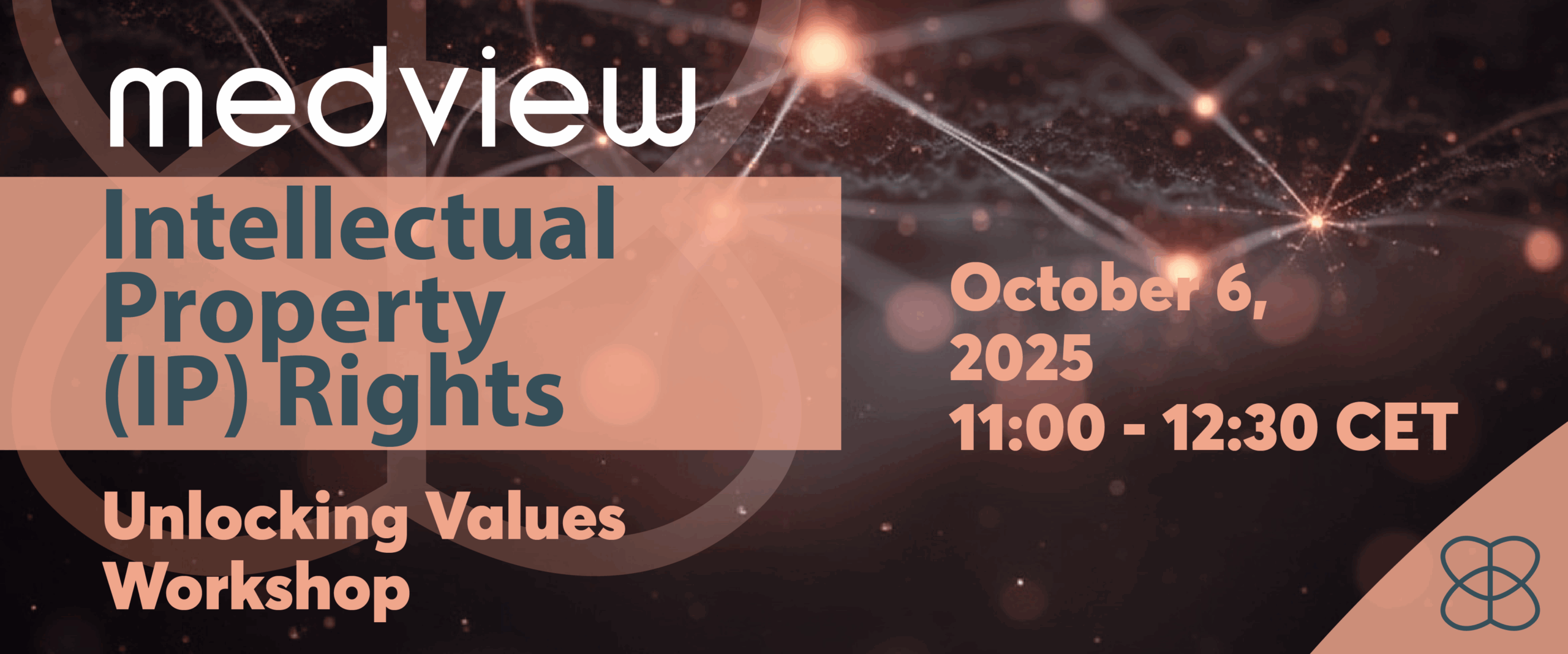
🖥️ Format: Online (Zoom)
🔗 Register here
Moderator:
👤 Dr. Tido von Schoen-Angerer (TCIH Coalition)
Tido von Schoen-Angerer is the president of the Traditional, Complementary and Integrative Healthcare Coalition (TCIH Coalition) and of the International Federation of Anthroposophic Medical Associations (IVAA). Tido is a pediatrician at the Multidisciplinary Center for Integrative Medicine at Geneva University Hospitals, Switzerland and a researcher with the Charité Competence Center for Traditional and Integrative Medicine (CCCTIM), Berlin. He is a previous Executive Director of the Médecins Sans Frontières/Doctors Without Borders’ Access Campaign.
About the workshop:
Who owns knowledge in healthcare, and who gets to benefit from it? From pharmaceutical patents and medical technologies to datasets and algorithms, the question of intellectual property lies at the heart of many tensions in global and European health systems. IPR frameworks are designed to incentivise innovation but also hold the potential for restricting it. Moreover, they shape access, affordability, and equity in powerful ways.
Stakeholders will be invited to reflect on the ethical trade-offs, systemic pressures, and practical dilemmas they face in relation to IPR, especially in moments of crisis or scarcity. Should life-saving discoveries be treated as commodities, or as common goods? What happens when intellectual property protections delay access to life-saving innovations – or block others from building on existing knowledge?
The discussion may touch on themes such as open science, data sharing, traditional knowledge, and the potential need for new legal or governance models, while also acknowledging the legitimate motivations some stakeholders may have for maintaining strong incentive structures.
While consensus may not be possible, the session aims to clarify the core values that drive different positions, and to explore whether shared ethical ground can be found for more balanced and inclusive approaches to intellectual property in healthcare.
Breakout room themes:
💬 Patents as Incentive vs. Barrier
💬 Open Science & Data Sharing (GDPR considerations included)
💬 Licensing & Solidarity in Emergency Response
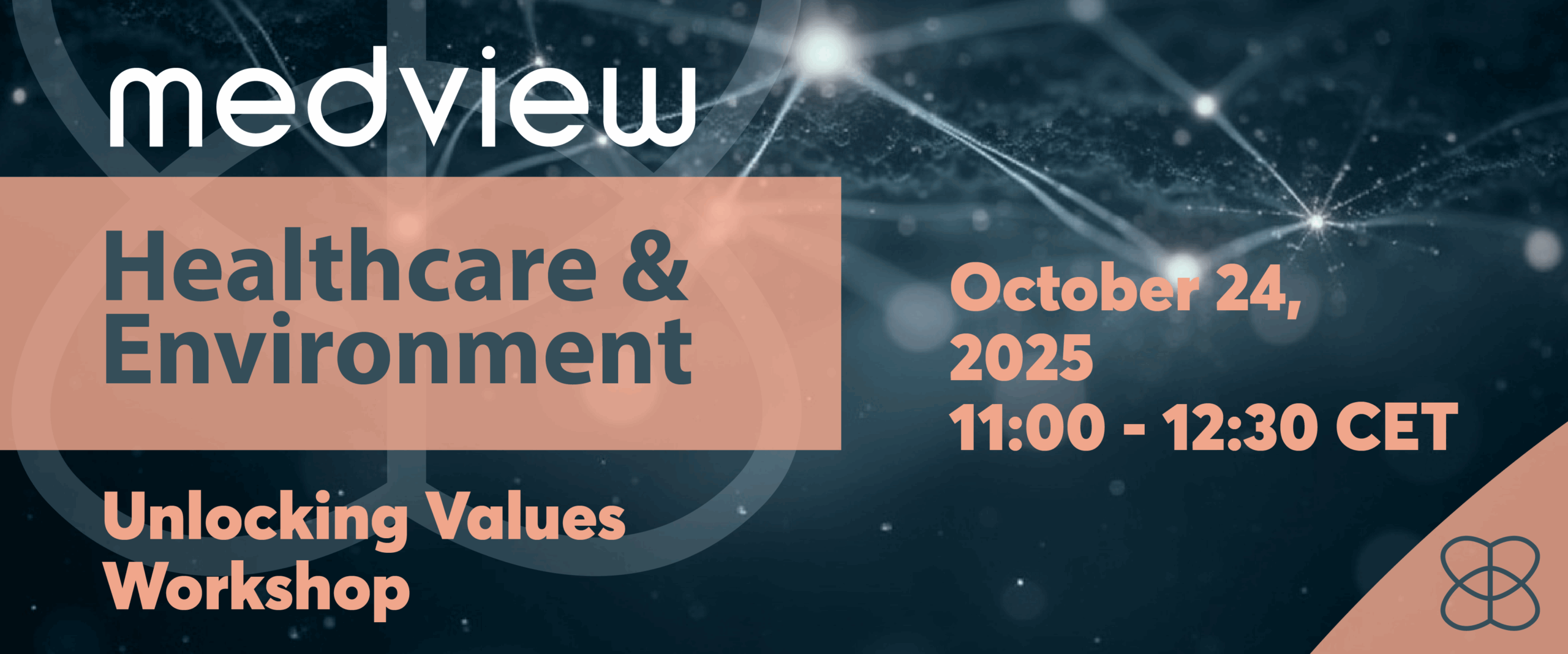
🖥️ Format: Online (Zoom)
🔗 Register here
Moderator:
👤 Sascha Marschang
Sascha Marschang brings over 15 years of experience in EU-level healthcare and public policy. Since 2022, he has been active as an independent consultant, supporting NGOs and other organisations in designing strategies, managing partnerships, and aligning activities with their mission and values. Sascha is also a Senior Advisor at the European Hospital and Healthcare Federation (HOPE), where he focuses on digital transformation and ‘One Health’ policy actions. He also represents HOPE in EU-funded projects and advisory groups. Previously, he served as Deputy and Acting Director of the European Public Health Alliance (EPHA), managing a broad membership network and engaging with a wide range of healthcare stakeholders and their challenges. In this role, he advocated for health equity and addressed social, commercial, and environmental determinants of health. Raised in Berlin, he later moved to Canada, where he worked for the Government of Ontario and earned an M.A. in Cultural and Communication Studies from York University, Toronto.
About the workshop:
As the climate crisis accelerates, the links between human health and the environment have never been more visible — or more urgent. From rising respiratory illness due to air pollution, to waterborne and animal-borne disease outbreaks, heat-related mortality, and mental health effects, the healthcare sector is both a responder to environmental harm and, paradoxically, a contributor to it.
Medical waste, energy consumption, overuse of pharmaceuticals, and unsustainable supply chains are just some of the ways that healthcare systems themselves impact planetary health.
This session will explore how we might reimagine healthcare through the lens of environmental responsibility and interdependence, guided by the One Health approach, which recognises the deep interconnection between the health of people, animals, and ecosystems. Stakeholders will be invited to reflect on the values that underpin their vision for sustainable, resilient healthcare systems.
At the heart of this session lies a values-based conversation: What principles should guide the transformation toward more sustainable and environmentally responsible healthcare? Innovation may play a critical role, but so may equity, precaution, collaboration, and other values participants see as essential to this transformation. Participants will be encouraged to engage with the tensions that emerge when these values collide. Should environmental goals ever outweigh individual clinical needs? Can we innovate toward sustainability without creating new forms of exclusion or inequity?
Even as conflicting values may arise, the session ultimately aims to agree on a shared set of guiding values.
Breakout room themes:
💬 Sustainable Care Pathways
💬 Scaling Green Innovations
💬 One Health Integration
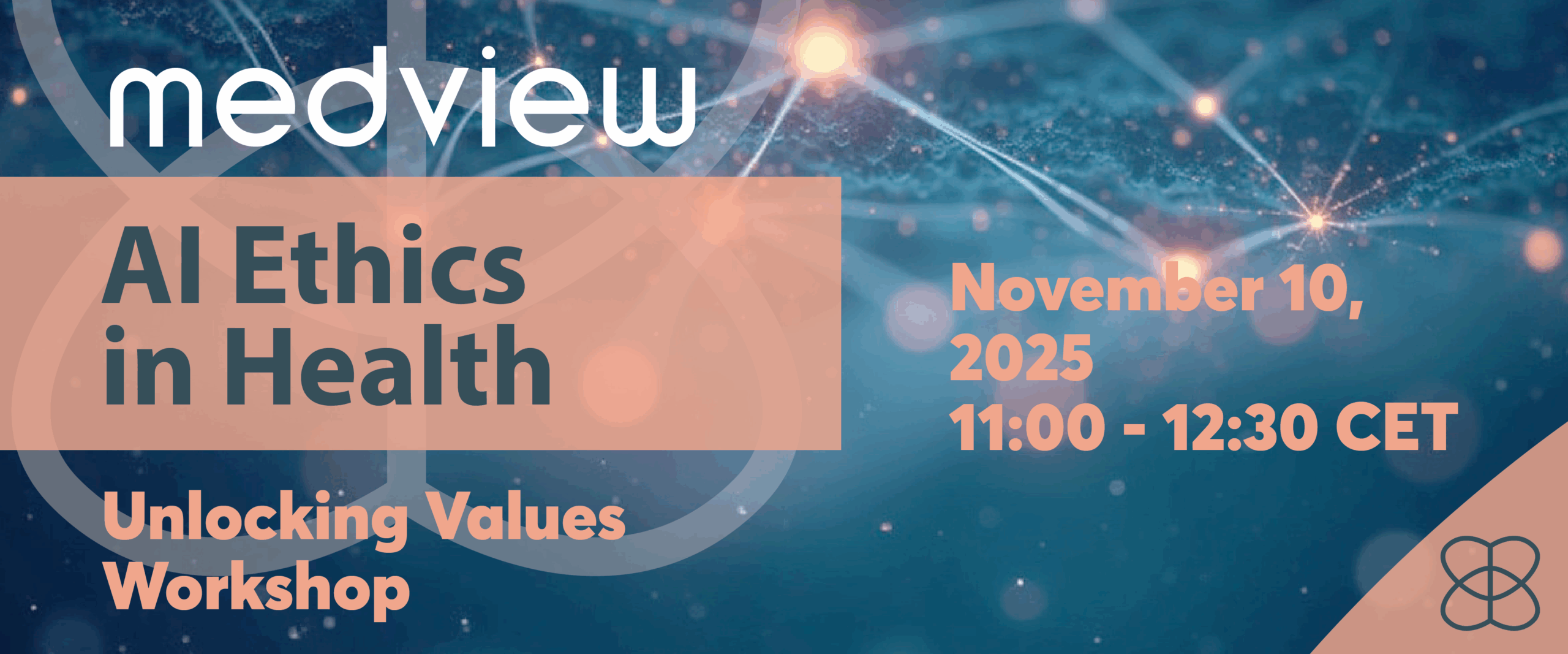
🖥️ Format: Online (Zoom)
🔗Register here
Moderator:
👤 Kaitlin Mara
Kaitlin Mara is a public health professional and communications strategist with over 15 years of experience working in global health law and policy, with a primary focus on access to medicines and medicines pricing. She consults for a variety of inter- and non-governmental organisations, including as a part of the European research group Medicines Law & Policy, and is the secretary and treasurer of the board of the Traditional, Complementary and Integrative Healthcare Coalition.
About the workshop:
AI is no longer tomorrow’s promise. It is already transforming healthcare today, from algorithm-driven diagnostics and treatment recommendations to automated scheduling and resource management, and yet we are still only scratching the surface of its full potential. As these systems become more widespread, they raise urgent ethical dilemmas, such as who trains the data, who is responsible when a hidden “black-box” model makes a mistake, and how to prevent learned biases from being accepted as objective truth.
This session will bring together stakeholders to explore the values that shape their views on AI in health. Using interactive activities and guided discussion, participants will be encouraged to share the benefits they see (faster diagnosis, personalized care, system efficiencies, etc.) alongside the risks they worry about (widened disparities, loss of human judgment, privacy violations).
To provoke discussion and bring real-life values to the front, we will challenge participants to confront unsettling scenarios. For example, what happens when an unexplainable algorithm outperforms clinicians, does accuracy trump human judgment? If an AI model flags patients by risk score, are we empowering preventive care or entrenching bias? How can we ensure equity and trust when commercial interests drive AI development? And in cases where AI promises efficiency at the cost of slower but more empathetic human interactions, which value should prevail?
Even as conflicting values arise, the session ultimately aims to agree on a shared set of guiding principles that will guide our collective approach to AI in healthcare and steer the next phases of the project.
Breakout room themes:
💬 Trust & Accountability in AI Systems
💬 Augmenting Clinical Judgement
💬 Fairness in Algorithmic Care

